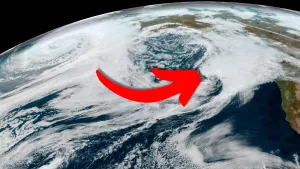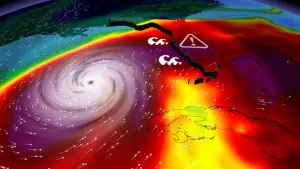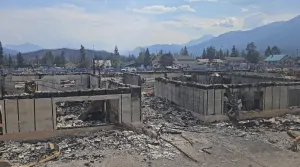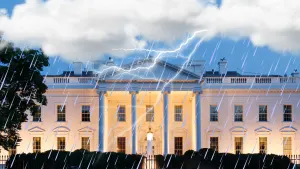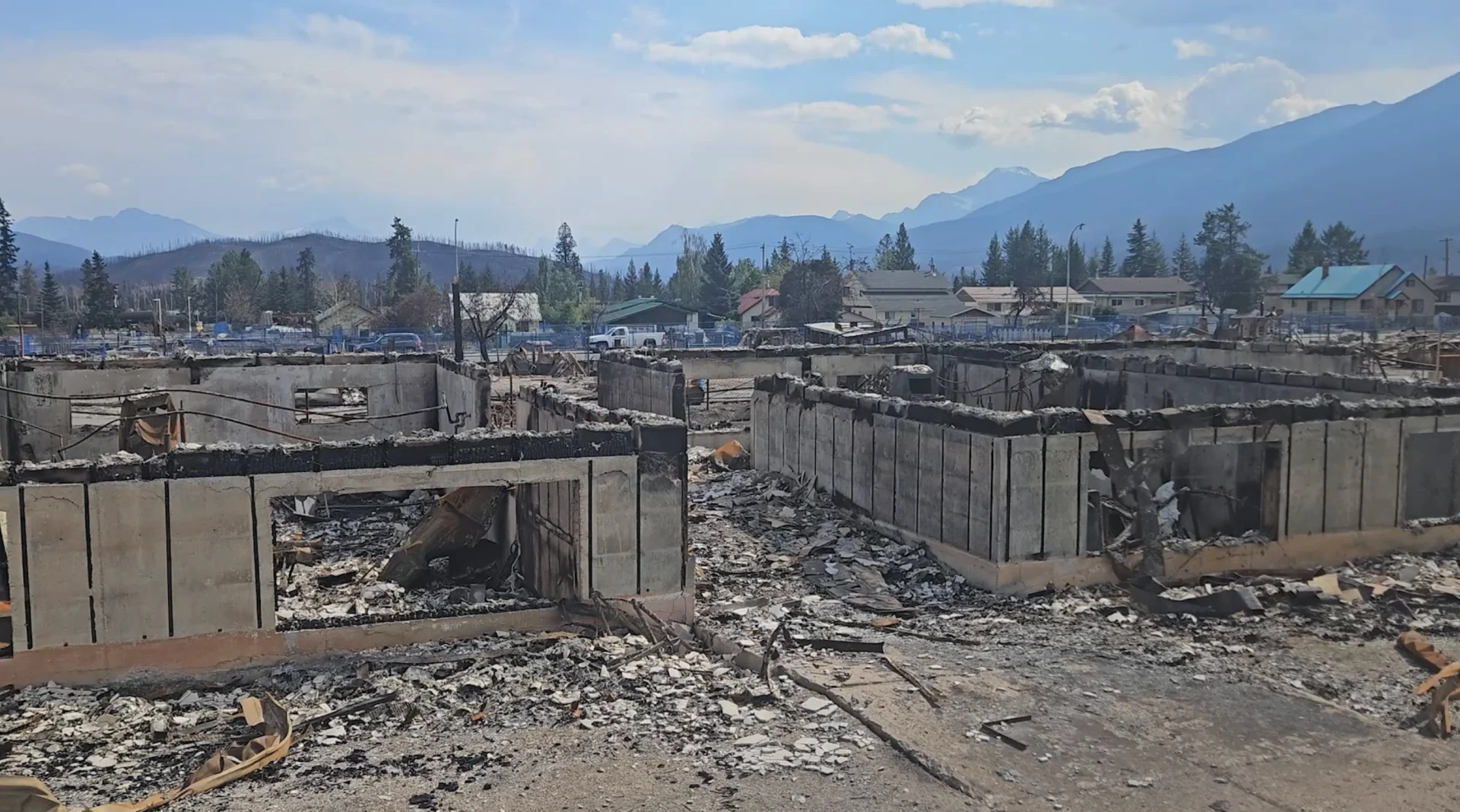
Canada endures another tough wildfire season. Can AI be a major help?
This year's wildfire season in Canada saw the second-highest amount of area burned since 1995. Could artificial intelligence help in the fight by detecting fires earlier?
After another destructive wildfire season in Canada, officials in parts of Canada are looking to artificial intelligence as an effective tool against blazes.
As of Sept. 26, 2024, wildfires have burned at least 5.3 million hectares of land, not quite as much as the 2023 season (16.6 million hectares), but severe enough to make it the second-highest amount of area burned in the country since 1995. The 1989 and 1995 seasons had more area burned than this year.
SEE ALSO: Canada's 2024 wildfire season shaping up to be second-worst in 20 years
So, when it comes to fighting wildfires, Canada can use every means at its disposal. So, that's why the community of Vernon, B.C., partnered with a Vancouver-based company for AI-infused support.
"We call it the most comprehensive forest fire detection, management and prediction solution on the market," said Hamed Noori, SenseNet CEO, in a recent interview with The Weather Network.
SenseNet integrates AI, ground sensors, cameras and satellite data to provide immediate detection of wildfires in real-time, providing critical information to prevent and proactively manage wildfires.

(Jaclyn Whittal/The Weather Network)
The data SenseNet acquires is inputted into AI-powered equipment that is installed in forest canopy or on drones flying overhead, helping officials sense and detect wildfires in the very early stage.
"Usually, it starts with a smouldering phase, which [it] only emits gases. So, our goal is to smell [those] gases at a very early stage to detect them," Noori told Jaclyn Whittal, a meteorologist at The Weather Network.
Pilot project with Vernon conducted
For two years, SenseNet, along with the City of Vernon and the Vernon Fire Rescue Services, operated a pilot project to refine its AI system. Predator Ridge Golf Resort, near Vernon, installed a network of 100 sensors, five gateways and five cameras around the perimeter of the property.
The data is then analyzed through AI and, if a wildfire or smoke is detected in the areas, early warnings are sent to firefighters via text or email. If the fire continues to escalate, satellite data is brought in.
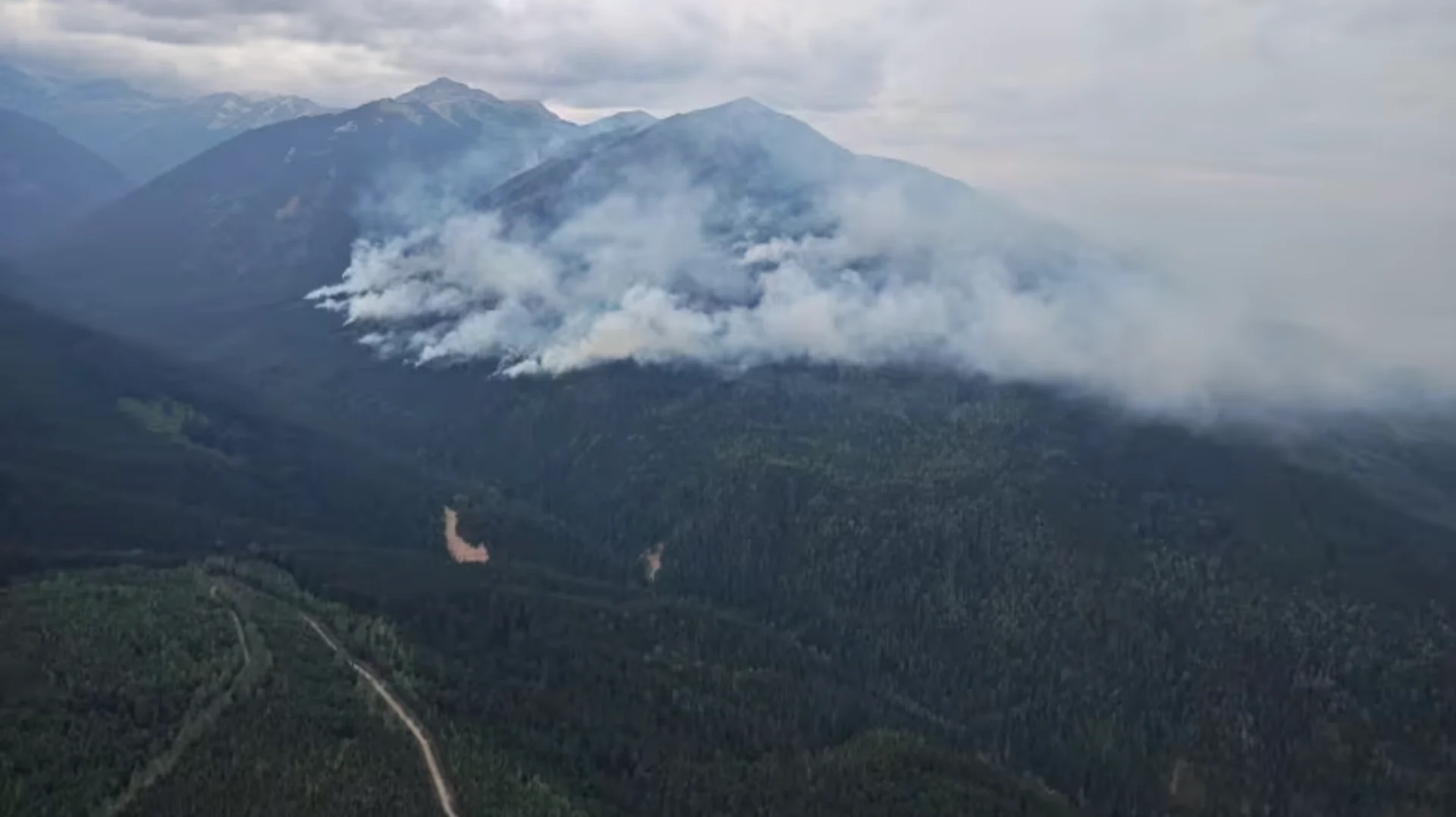
(BC Wildfire Service/Submitted)
"We wanted to analyze the risk of the fire in different areas and [the] age of the tree. We want to model the fire behaviour. For example, if the fire starts [and] how fast it's going to grow," said Noori.
"Imagine there is a fire 50 kilometres from Vernon. What we do right now [is] we model the behaviour of that fire and how fast it can spread, and we [then] tell the fire department. This might come to you in 24 hours. You better start [the] evacuation because this fire is spreading fast."
Even though the partner-in-research phase of the project ended on Aug. 1, the hardware installed around the community is still being maintained by the City of Vernon. SenseNet continues to support and upgrade the system as it grows further.
Breakdown of the 2024 season
Even though Canada, overall, had a less active wildfire season in 2024 than in 2023, some regions endured a tougher year than in the previous 12 months.
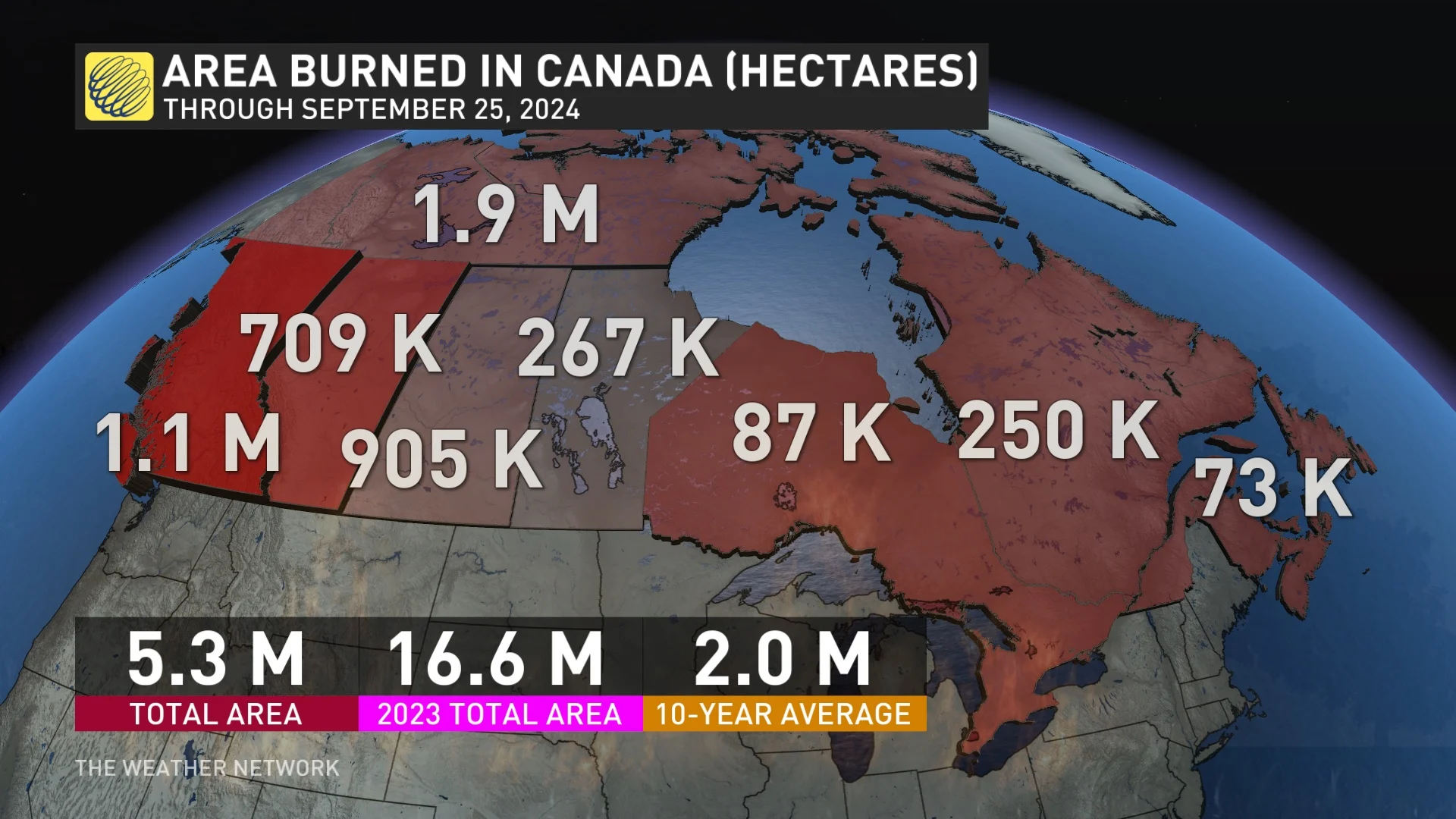
For example, wildfires burned 267,000 hectares in Manitoba this year, compared to 199,000 hectares in 2023. Newfoundland saw 72,000 hectares burned this year –– more than three times the total in 2023 (22,000 hectares).
On the other hand, Ontario was relatively quiet in 2024 by comparison. It had 87,000 hectares scorched this year while 430,000 hectares were burned in 2023.
B.C.,once again, burned more than 1 million hectares, something that has happened four times during the past eight seasons.
WATCH: Myth or truth? Wildfires in Canada are linked to climate change
Thumbnail courtesy of Connor O'Donovan, a video journalist at The Weather Network. It contains an image from Jasper, Alta., taken on Monday, Aug. 12, 2024.
With files from Jaclyn Whittal and Tyler Hamilton, meteorologists at The Weather Network.
Follow Nathan Howes on X, formerly known as Twitter.







